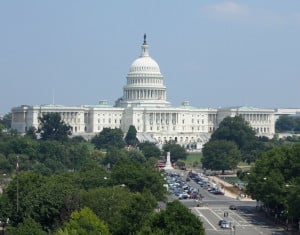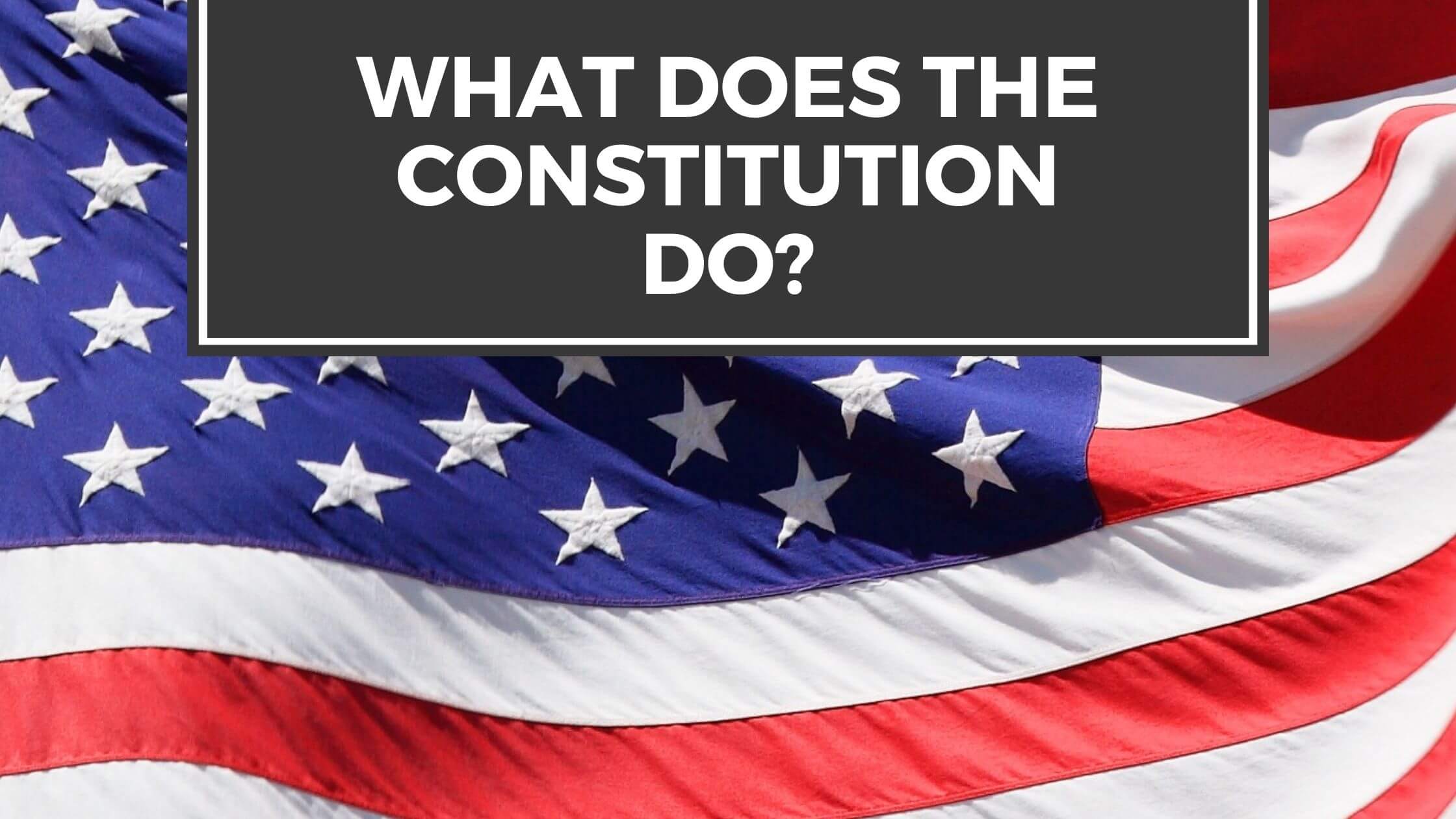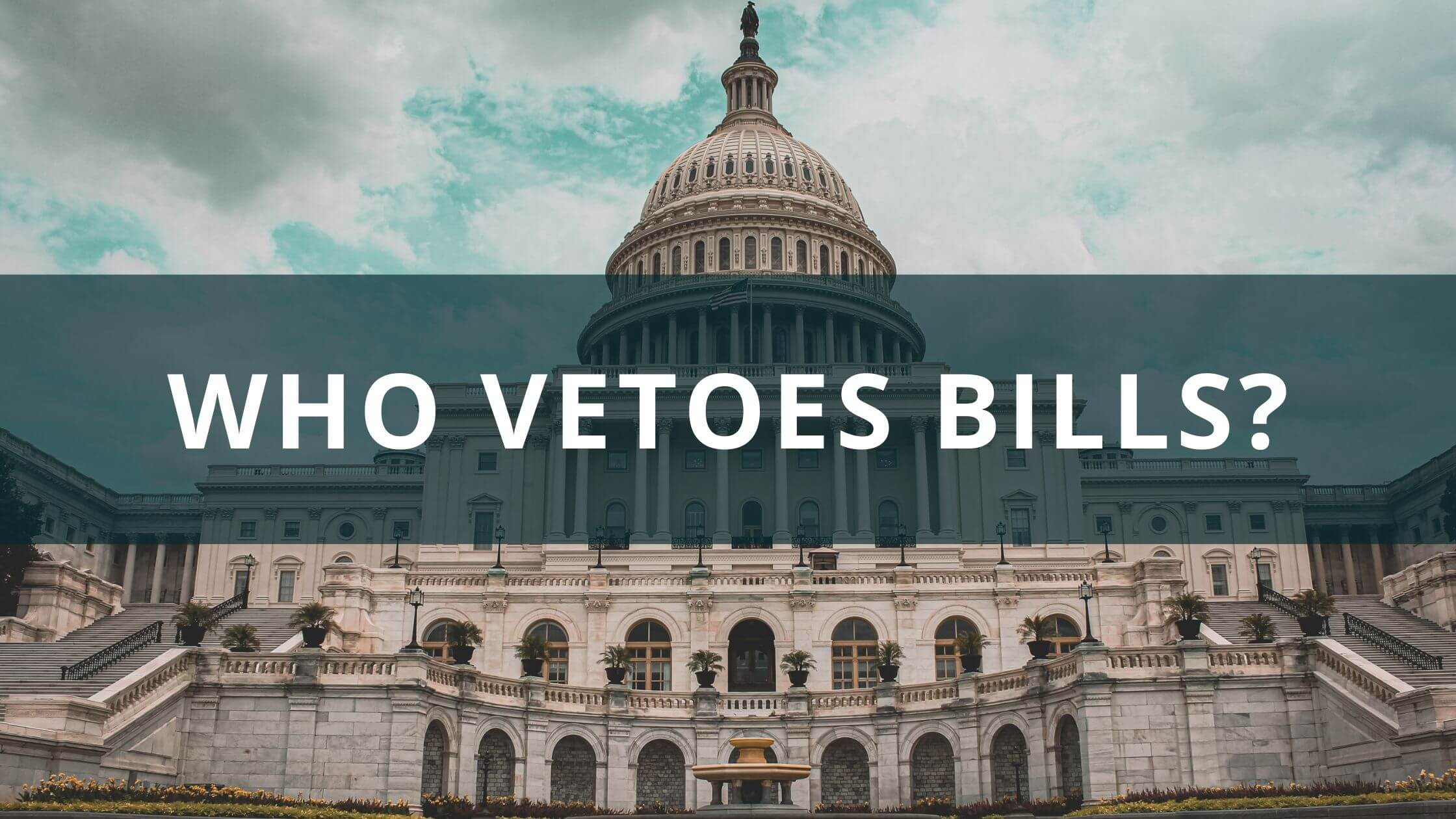Table of Contents
ToggleThe Constitution of the United States enshrines the supreme law of the land of the United States of America.
What does the constitution do?
This founding document provides a framework for federal and states government to work within. The Constitution:
- sets up the government
- defines the government
- protects the basic rights of Americans
The US Constitution fulfills three essential roles:
- It offers a checks and balances system, so no one element has absolute power and control.
- It further divides the power between the federal governments and state governments.
- It also provides citizens with protection for their rights and liberties.
What is the Constitution, and Why Is it Important?
The United States Constitution is the highest law of the land and serves as a blueprint for the country’s national government. It also outlines the methods by which laws passed by Congress that conflict with the Constitution can be declared invalid.
It ensures that no single branch of government can garner absolute control without having to answer to anyone. It also defines the powers of the different branches of government.
Furthermore, the Constitution grants citizens certain rights and liberties, with numerous amendments to enhance the original document.
The Constitution Requires Checks and Balances
The United States Constitution prevents any of the three branches of government (legislative, executive, judicial) from having too much power. If any one of the three branches does anything outside of its remit, one of the other branches has some power to overrule such an action.
The legislative branch is Congress, the executive branch consists of the president, vice president, the Cabinet, executive departments, etc., and the judicial branch is made up of the courts. None of the three branches has the power to ignore the wishes of the other two.
If the legislative branch passes a bad law, the president can veto it. If the president does something illegal, they can be impeached, convicted, and removed from office. The judicial branch can strike down unconstitutional laws.
The Constitution Defines the Government
The first three articles of the constitution define the American government’s legislative powers, executive powers, and judicial powers. They establish how the separation of powers into different branches of the government should function. The structure of the government was decided in 1787 after a long series of debates at the constitutional convention.
The Legislative Branch
Article I of the constitution gives the legislative branch of the government authority to make new laws. Unlike in some other countries, the president cannot create a new law. This branch is given the power to:
- Impose taxes
- Provide for the military
- Declare war
- Determine its operating procedure
- Regulate commerce between the US and other nations
- Begin impeachment proceedings
The Executive Branch
Article II of the constitution lays out many rules for how the government should function and describes how the president is elected and controls the executive branch.
It stipulates that the president be elected by an Electoral College, which means that elected representatives vote for the president instead of citizens voting for them directly. It gives the president the power to appoint Supreme Court justices, control the army, and make treaties with other countries.
The Judicial Branch
Article III deals with the judicial branch. The judicial branch is not only the Supreme Court but also all of the lower courts.
The courts are supposed to interpret the constitution. The boundaries of concepts like “freedom of speech” or “cruel and unusual punishment” may evolve over time.
While it is not explicitly mentioned in the constitution, courts have always had the right to nullify unconstitutional laws. This is called judicial review and allows the Supreme Court to block unconstitutional actions by the legislative and executive councils.
It Protects People’s Rights
The constitution includes the Bill of Rights (1791), ten early amendments that protect people from the courts and the government. The Bill of Rights includes the following:
- The first amendment (freedom of speech)
- The second amendment (the right to bear arms)
- The third amendment (soldiers do not always have the right to use civilians’ homes)
- The fourth amendment (limitations on searching people’s homes and seizing property)
- The fifth amendment (right to a fair trial, including not being tried twice for the same crime)
- The sixth amendment (a trial must happen quickly and cannot be delayed for an unreasonable reason)
- The seventh amendment (people have the right to jury trials)
- The eighth amendment (no cruel or unusual punishment, no excessive fines or bail)
- The ninth amendment (just because a right does not appear in the constitution does not automatically mean that people do not have this right)
- The tenth amendment (the federal government only has the powers the constitution gives it, the other powers are for individuals and state governments)

Later additions after the Bill of Rights were also very important. Later amendments extended the Bill of Rights to the entire population. The thirteenth amendment ended slavery, the fifteenth amendment required equal voting rights for all races, and the nineteenth amendment gave women the vote and other constitutional rights.
The Constitution Makes it Harder to Change Laws.
If someone wants to pass an unjust law, there is a reasonable chance that it would be unconstitutional. Any discriminatory laws are likely to be unconstitutional, as are laws that make trials less fair.

Get Smarter on US News, History, and the Constitution
Join the thousands of fellow patriots who rely on our 5-minute newsletter to stay informed on the key events and trends that shaped our nation's past and continue to shape its present.
While laws are easy to change, the constitution is hard to change. If legislators want to pass a law, only half of Congress has to approve of it, or two-thirds of Congress if the president doesn’t want to pass the law. Making laws hard to change protects human rights.
However, an amendment requires two-thirds of the house and senate and then three-quarters of the states to approve. If the amendment is a partisan issue, it won’t pass because one party can stop it. This prevents hasty changes to laws and makes most of the constitution potentially permanent.
Founding Document of the United States
The constitution unified the states and allowed them to establish a national government with some but not too much power. The revolutionaries worried that an American government could oppress its people if they gave it too much power but also knew that a federal government was necessary to raise money to fight wars.
This founding document was a compromise that created a federal government that was powerful enough to defend and unify the country but not powerful enough to oppress the states or the people. The debate about how much power the central government should have continued after the constitution, with federalists arguing for an even stronger central government.
Federal and State Government
The laws of the United States are complex at times as well as confusing. This is due to Federal government regulations and state regulations. Federal law is the same for all citizens of the United States, while state law only pertains to when someone is in that particular state.

Laws often vary from state to state, even in neighboring states. Citizens need to understand the laws where they reside. It is also a good idea to know where you plan to travel. The division between Federal and state governments is known as Federalism.
The Federal government does have power over the states, but the concept is to let the states govern themselves. When that can’t be done, the Federal government can step in. For example, when a legal issue is appealed at a state level, it may need to be looked at in a federal court.
States can set their laws within reason. However, their laws can’t conflict with those set at the Federal level. States are limited in their abilities with interstate commerce and tax issues. This is because Congress regulates those to ensure states can’t discriminate against citizens of a different state.











